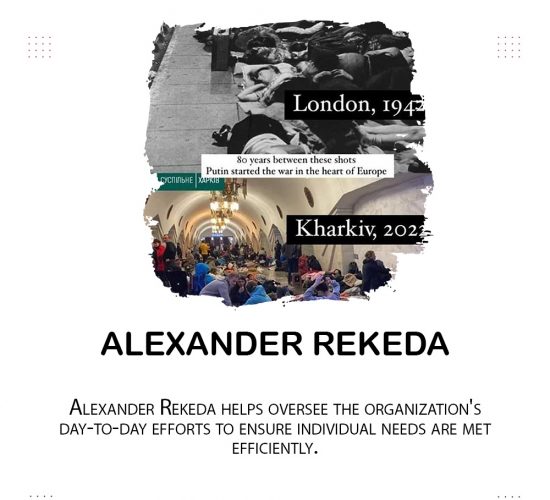Alliance Beyond Arms: NATO’s Multidimensional Existence

The North Atlantic Treaty Organization (NATO), established in 1949, is often synonymized exclusively with Military might and cooperative defense. However, defining NATO’s Multidimensional Existence merely as a military alliance belies the extent of its multifaceted existence and the roles it plays in shaping international relations, security, and diplomacy. NATO’s raison d’être fosters global dialogue, provides for collaborative action, and addresses various security concerns, including socio-political and cyber threats.
1. Diplomatic Mediator:
While NATO’s origins lie in collective defense, its responsibilities have evolved to include a robust diplomatic dimension. NATO fosters diplomatic dialogues among its member states and partners, resolving conflicts and promoting peace and security. The Alliance engages in conversation and partnerships with numerous countries and international organizations, facilitating a collective approach to address global challenges, thereby contributing to international peace, stability, and conflict resolution.
2. Crisis Management:
NATO’s involvement in crisis management transcends mere military intervention. It engages in extensive activities designed to prevent conflicts and manage crises that threaten international security. Through political mediation, humanitarian assistance, and cooperative security measures, NATO addresses emerging concerns, emphasizing the importance of a comprehensive approach that integrates civilian and military efforts.
3. Cooperative Security:
NATO embodies the essence of cooperative security by creating an environment conducive to transparency, trust, and mutual collaboration among its members. The Alliance’s Partnership for Peace program illustrates its commitment to cooperative security, offering partnerships to countries willing to commit to various levels of political, military, and institutional reforms. This collaborative approach fosters international stability and peace by encouraging mutual respect, shared values, and collective action among diverse nations.
4. Cyber Defence:
In an era marked by the proliferation of cyber threats, NATO has adapted its defense mechanisms to address this new domain of warfare. The Alliance works to enhance its cyber defense capabilities to counter and mitigate cyber threats effectively. NATO’s approach to cyber defense underscores its comprehensive security strategy, emphasizing the integration of civilian and military components to safeguard its members from many modern security threats.
5. Counter-Terrorism:
NATO’s endeavors are not limited to confronting state actors; it actively engages in countering terrorism. By sharing intelligence, enhancing capabilities, and providing training, the Alliance strengthens its members’ ability to fight terrorism. NATO’s counter-terrorism efforts illustrate its adaptive nature and commitment to addressing evolving security challenges, underscoring its role as a multifunctional alliance.
6. Humanitarian Initiatives:
NATO’s Multidimensional Existence commitment to international security is manifested in its humanitarian initiatives, addressing the human aspect of security concerns. NATO engages in various humanitarian missions, providing relief and assistance to those affected by conflicts and natural disasters. These initiatives exemplify NATO’s holistic approach to security, acknowledging the interdependence between human security and international stability.
NATO’s existence as an alliance extends well beyond military cooperation and collective defense. Its multifunctional roles encompass diplomatic mediation, crisis management, cooperative security, cyber defense, counter-terrorism, and humanitarian initiatives, illustrating its comprehensive approach to international security and stability. By addressing various security challenges, NATO fosters mutual collaboration and shared responsibility among its members and partners.
NATO’s Multidimensional Existence, extensive reach, and varied roles underscore the necessity for a multifaceted approach to contemporary global challenges. The Alliance’s evolution and adaptability are relevant to the modern international landscape. It highlights the importance of collective efforts in navigating the intricate tapestry of global security concerns. The realization that NATO is not exclusively military enhances the understanding of its significance. It opens the dialogue to explore the expansive dimensions of this enduring Alliance, which continues to shape the contours of global politics and security.
Additional Information
- Blogs
- Alliance’s evolution, cyber defense capabilities, North Atlantic Treaty Organization
- Alexander Rekeda